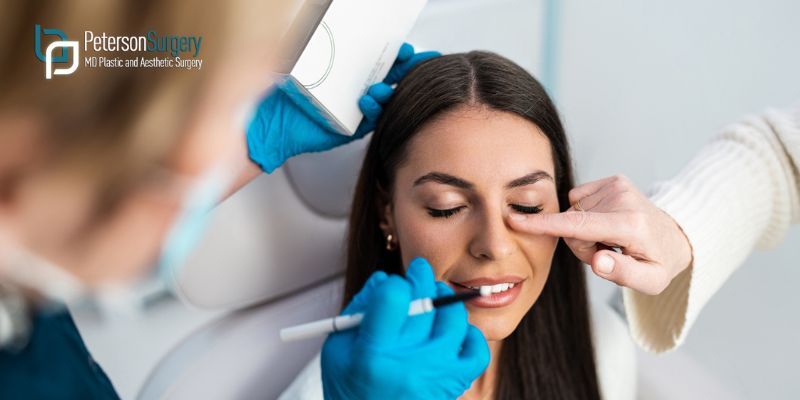In an era where individuality is celebrated more than ever, the field of plastic surgery is not left behind. As Dr. Brian D. Peterson from Peterson Surgery, I have observed a paradigm shift towards personalized treatment plans, a trend that is reshaping the future of plastic surgery. This shift is not just about embracing uniqueness; it's about harnessing the power of technology and genomics to provide treatments that are intricately tailored to each individual.
This article aims to explore the emergence of personalized treatment plans in plastic surgery, emphasizing how they enhance patient care by aligning surgical approaches with individual needs. We'll delve into the role of advanced imaging techniques, the impact of genomics, and the overall benefits of this personalized approach.
Advanced Imaging Techniques Enabling Precision
One of the pillars of personalized treatment plans in plastic surgery is the use of advanced imaging techniques. These technologies, like 3D modelling and high-resolution scanning, allow us to visualize the potential outcomes of a procedure before a single incision is made. This level of precision not only aids in planning and executing surgeries with greater accuracy but also helps in setting realistic expectations for our patients. By seeing a clear picture of the expected results, patients feel more confident and reassured about the procedure.
The Impact of Genomics on Personalized Care
The integration of genomics into plastic surgery is a groundbreaking development. Understanding a patient's genetic makeup can significantly influence how they respond to a procedure or anesthesia. This knowledge enables us to anticipate potential risks and tailor post-operative care to enhance recovery and minimize complications. Genomics is not just a tool for customization; it's a pathway to safer, more effective plastic surgery that respects the biological uniqueness of each individual.
The Benefits of Personalized Treatment Plans
Personalized treatment plans in plastic surgery offer numerous benefits. Firstly, they improve patient outcomes by ensuring that each procedure is as effective as possible. Secondly, they reduce the risk of complications, as surgeries are planned with a thorough understanding of the patient's unique physical and genetic profile. Finally, these plans strengthen the doctor-patient relationship. When patients are actively involved in the planning process and understand that their treatment is uniquely theirs, it builds trust and satisfaction.
The future of plastic surgery is unequivocally moving towards more personalized treatment plans. At Peterson Surgery, we're excited to be part of this evolution, offering our patients procedures that are not just about changing how they look but about enhancing who they are. By combining the latest in imaging technology with genomics, we're not just performing surgeries; we're crafting bespoke solutions that respect and celebrate the individuality of each patient. In this new era of personalized plastic surgery, we are committed to providing care that is as unique as the individuals we serve.
Written on behalf of Dr. Brian D. Peterson.
FAQs
Q: What are personalized treatment plans in plastic surgery?
A: Personalized treatment plans in plastic surgery are customized approaches tailored to each patient's unique physical and genetic profile, using advanced imaging and genomic insights to ensure optimal outcomes.
Q: How do advanced imaging techniques contribute to personalized plans?
A: Advanced imaging techniques, like 3D modelling, provide precise visualizations of potential surgical outcomes. This precision aids in accurate planning, setting realistic expectations, and ensuring patient confidence in the procedure.
Q: What role does genomics play in plastic surgery?
A: Genomics helps understand a patient's genetic makeup, influencing how they might respond to surgery or anesthesia. This knowledge allows surgeons to anticipate risks, tailor post-operative care, and minimize complications, making surgeries safer and more effective.






